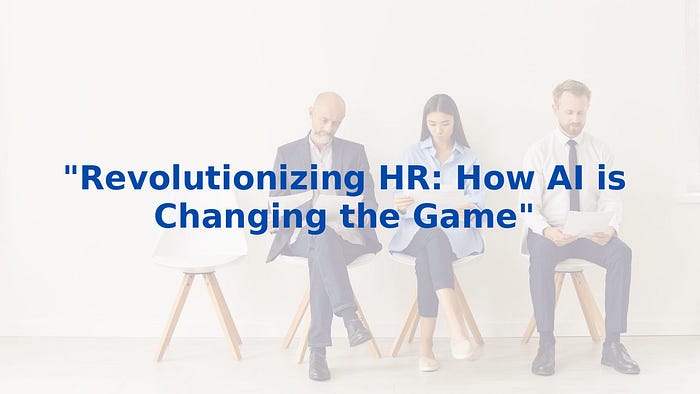Everything You Need To Know About Tokenization and AI in Real Estate
The Future of Real Estate: How Tokenization and AI Transform the Industry
In today's digital age, tokenization has emerged as a revolutionary concept in the real estate sector. It involves representing physical assets—such as properties—as digital tokens on a blockchain, enabling fractional ownership and investments in a transparent and secure manner. This means that investors can buy, sell, and engage with real estate not just in traditional markets but also in emerging digital landscapes, like the metaverse. With over 1,700 properties available in more than 80 countries, the potential for this innovative process is only just beginning to be realized.
Understanding Tokenization in Real Estate
Tokenization effectively transforms the accessibility of property ownership. By breaking down a physical asset into tokens, it allows multiple investors to hold a stake in a property, democratizing access to real estate investments. Moreover, this process significantly streamlines various business transactions associated with real estate, such as property transfers and funding. However, while tokenization opens new doors, integrating advanced technologies like Artificial Intelligence (AI) can further enhance these processes.
AI's Role in Enhancing Business Processes
AI can fundamentally transform several core business processes associated with real estate tokenization. Here are some key areas where AI can step in to enhance efficiency:
- Market Analysis and Insights: AI can analyze vast amounts of data, identifying trends and opportunities in real estate markets that would typically go unnoticed. With predictive analytics, AI can help investors make informed decisions based on current market conditions and future forecasts.
- Smart Contracts Automation: In a tokenized environment, smart contracts serve as self-executing contracts with the terms directly written into code. AI can streamline the creation, execution, and enforcement of these contracts, ensuring a hassle-free process for buyers and sellers alike.
- Fraud Detection: By utilizing AI algorithms, organizations can detect unusual patterns that may indicate fraudulent activity. This not only secures investments but also builds greater trust in tokenization platforms.
Improving Efficiency and Driving Growth
The integration of AI into the tokenization processes significantly boosts an organization's efficiency. With improved data analytics, companies can reduce the time spent on manual market research and decision-making. The automation of legal contracts and processes minimizes human error and speeds up transaction time, enhancing overall productivity.
This level of efficiency not only drives growth but also positions businesses strategically in a rapidly evolving digital landscape. As the real estate industry becomes increasingly interconnected with technology, organizations that embrace AI stand to gain a competitive advantage over those that cling to traditional methods.
The Importance of Employee Training for AI Integration
While the value of AI is clear, its effective implementation lies in having skilled employees capable of leveraging these advanced tools. Training your staff in AI technologies is not merely beneficial; it's vital for the future of any organization. Employees who understand AI can not only enhance operational efficiencies but also contribute to a more innovative culture within the workplace.
Moreover, an investment in employee training fosters adaptability. As AI continues to evolve, a workforce that is well-versed in these technologies will be more prepared to adapt to changes, leading to resilient and sustainable business practices. Organizations can explore tailored training solutions that align with their specific needs, ensuring that every team member is equipped with essential AI capabilities.
Embracing Change for a Better Tomorrow
The convergence of tokenization in real estate and AI technologies highlights a transformative shift in how we approach investment and ownership. As businesses embrace these innovative processes, they unlock new opportunities and redefine the future landscape of real estate.
The journey isn’t just about adopting technology; it’s about fostering a culture of learning and evolution. By empowering employees through comprehensive AI training, organizations position themselves not merely as participants in the real estate market, but as leaders navigating the future of the industry.
“Technology is best when it brings people together.” – Matt Mullenweg
As we venture into this exciting new era, let’s harness the power of tokenization and AI to create a more accessible, efficient, and innovative real estate landscape for all.



